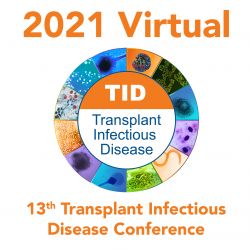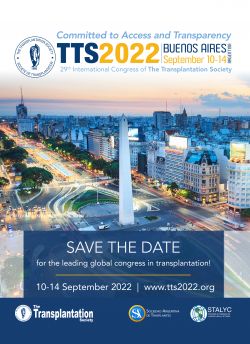
Transplantation Direct - November 2021 Issue
JUST RELEASED - TRANSPLANTATION DIRECT - NOVEMBER ISSUE
The November issue of Transplantation Direct is ready for viewing. This issue includes reports on multiple topics, including articles in kidney transplantation relating to the use of sodium-glucose cotransporter 2 inhibitors in diabetic recipients, absolute versus relative ddcfDNA measurements to detect rejection, factors influencing de novo thrombotic microangiopathy in early transplant loss, and the use of belatacept in liver transplant recipients receiving a subsequent kidney transplant; experimentally, we have a report on delivery of renal organoids in pigs. Another article reports on pushing the age envelop in cases of simultaneous pancreas-kidney transplantation. In liver transplantation, for patients who do not accept blood transfusions, there is a case report on safely doing a transfusion-free re-transplant for post-transplant hepatic artery thrombosis. In the bone marrow transplant arena, predictive factors influencing immune reconstitution are examined after hematopoietic stem cell transplantation for leukemia. Organ donation is also featured, with a new model of informed consent for non-standard risk donors, and a report on factors associated with early graft loss in expanded criteria kidney transplants. On the topic of infectious diseases, the National COVID Cohort Collaborative (N3C) reports on factors related to COVID-19 diagnostics and outcomes; we also have a report on mechanistic investigations as to how CMV immunoglobulin prophylaxis prevents infections post-transplantation. All these articles, and more, are available via open access publishing at the Transplantation Direct website.
Did you know about Transplantation's Simple Submission Process
IXA-CTRMS 2021 and IPITA 2021 Virtual Congress Recordings are now available!
New Members added in October 2021

Contact
Address
The Transplantation Society
International Headquarters
740 Notre-Dame Ouest
Suite 1245
Montréal, QC, H3C 3X6
Canada
Используйте Вавада казино для игры с бонусом — активируйте промокод и начните выигрывать уже сегодня!











